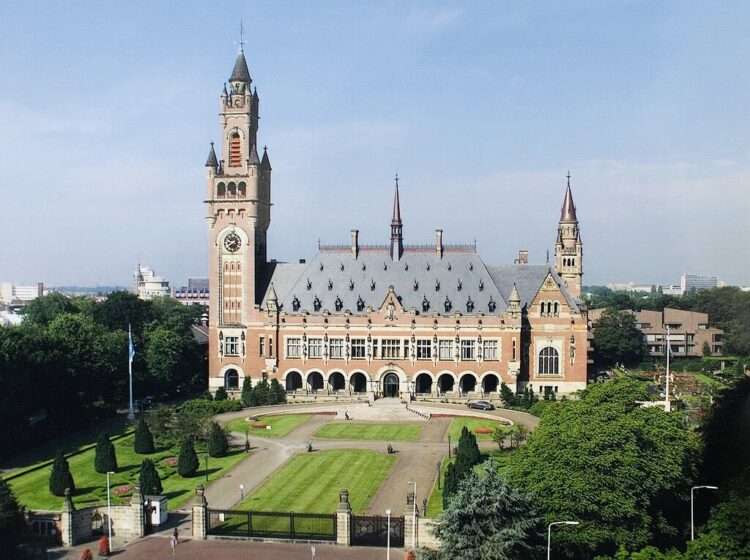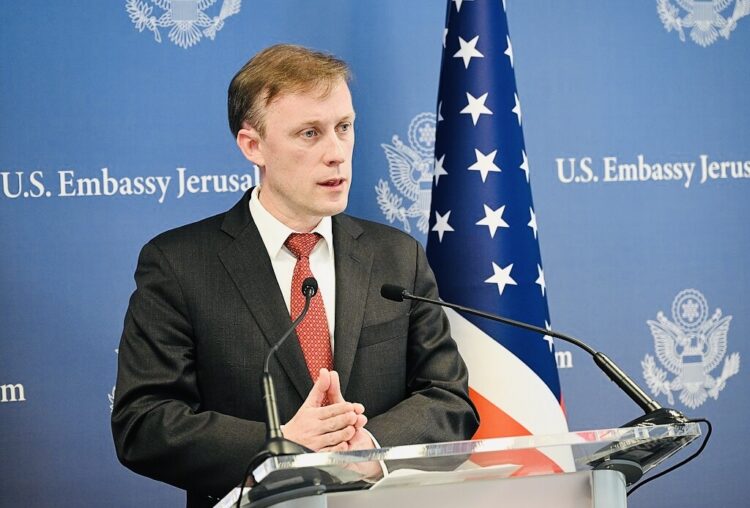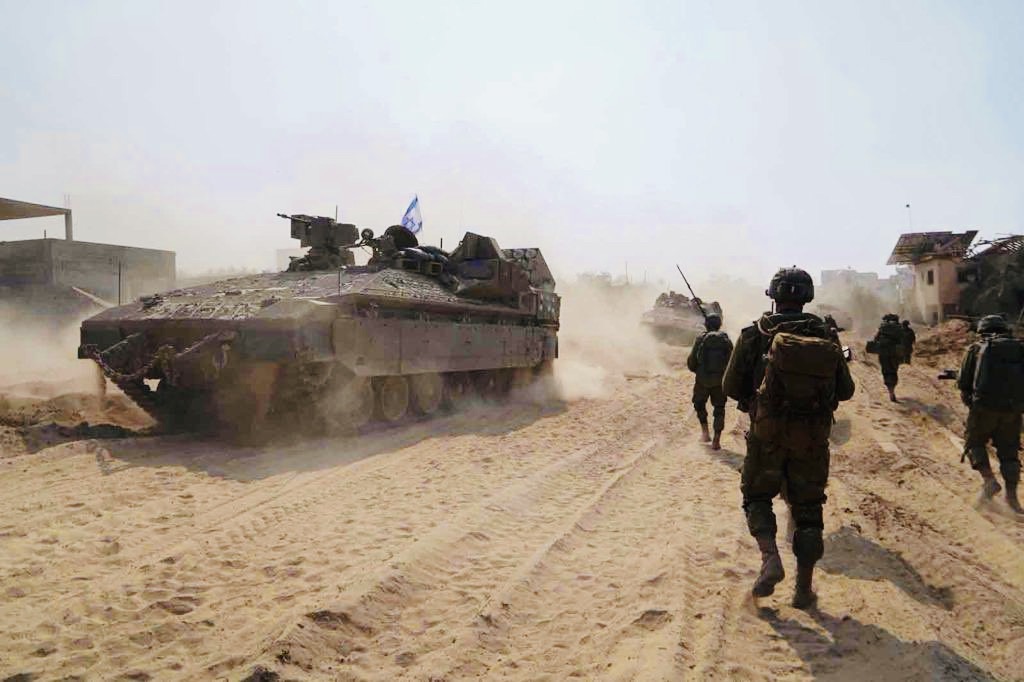Israel is doing what it absolutely must in Rafah, Hamas’ last urban bastion.
Despite a ruling by the International Court of Justice on May 24 ordering the Israeli government to immediately halt an air and ground offensive in that city in the southern Gaza Strip, Israel is pushing ahead with its plan to capture much or all of Rafah.
Israel has every moral and political right to defend itself and ensure that an attack on the scale of October 7 never occurs again.
As the Israeli government said in a statement responding to the ICJ verdict, “Following the horrific attack against the citizens of Israel on October 7, Israel embarked upon a defensive and just war to eliminate Hamas and to secure the release of our hostages. Israel is acting based on its right to defend its territory and its citizens, consistent with its moral values and in compliance with international law, including international humanitarian law.”

Let’s be clear. If Israel abides by the ICJ order, Hamas would be more than pleased. It would allow it to survive after nearly eight months of war. This cannot be allowed to happen.
Israel has important tasks to complete in Rafah.
It must degrade or smash four Hamas battalions, destroy a maze of tunnels, seize weapons storage facilities, and obliterate an array of rocket launchers. Rafah should never again be a Hamas stronghold.
Israel must also secure the porous Philadelphi corridor, which forms the border between Egypt and Gaza and through which Hamas has smuggled weapons and munitions into Gaza from the Sinai Peninsula.
If these key objectives are achieved, Israel will be one step closer to eliminating Hamas as Gaza’s governing authority and will be able to switch to lower-intensity raids.
South Africa, which presented the case against Israel to the court, believes that Israel is committing genocide in Gaza and that Israel’s incursion into Rafah would be “the last step in the destruction of Gaza and its people.”
Nothing could be further from the truth.
Reacting to the ICJ decision, Israel’s National Security Council and Foreign Ministry correctly said that these accusations are “false, outrageous and morally repugnant.”
Israel says it will not carry out operations in Rafah that endanger its civilian population: “Israel has not and will not conduct military actions in the Rafah area which may inflict on the Palestinian civilian population in Gaza conditions of life that could bring about its physical destruction in whole or in part.”
In line with this policy, Israel has presided over the evacuation of about one million Gazans from Rafah to safer places, even if some of these facilities are less than adequate.
Israel, too, has launched a more limited and targeted operation, deploying less air power and artillery and dropping fewer and smaller bombs. A demand of the United States, Israel’s chief ally, this slower and more deliberate tactic has placed Israeli soldiers in greater danger, forcing them to engage in direct urban guerrilla warfare.
Nearly 290 Israeli soldiers have been killed since the launch of Israel’s ground invasion of Gaza last October. Many have been shot by snipers or blown up by booby traps.
Although the United States opposes the Rafah operation, Jake Sullivan, President Joe Biden’s national security advisor, believes that Israel is moving carefully to avoid civilian casualties.

As he put it, “What we have seen so far in terms of Israel’s military operations in that area has been more targeted and limited, has not involved major military operations into the heart of dense urban areas. We now have to see what unfolds from here. We will watch that, we will consider that, and we will see whether what Israel has briefed us and what they have laid out continues or something else happens.”
It remains to be seen whether Israel can satisfy U.S. demands. But no matter what happens in the near future, Israel has a duty and a responsibility to ensure that Gaza is irrevocably purged of Hamas power once and for all.
